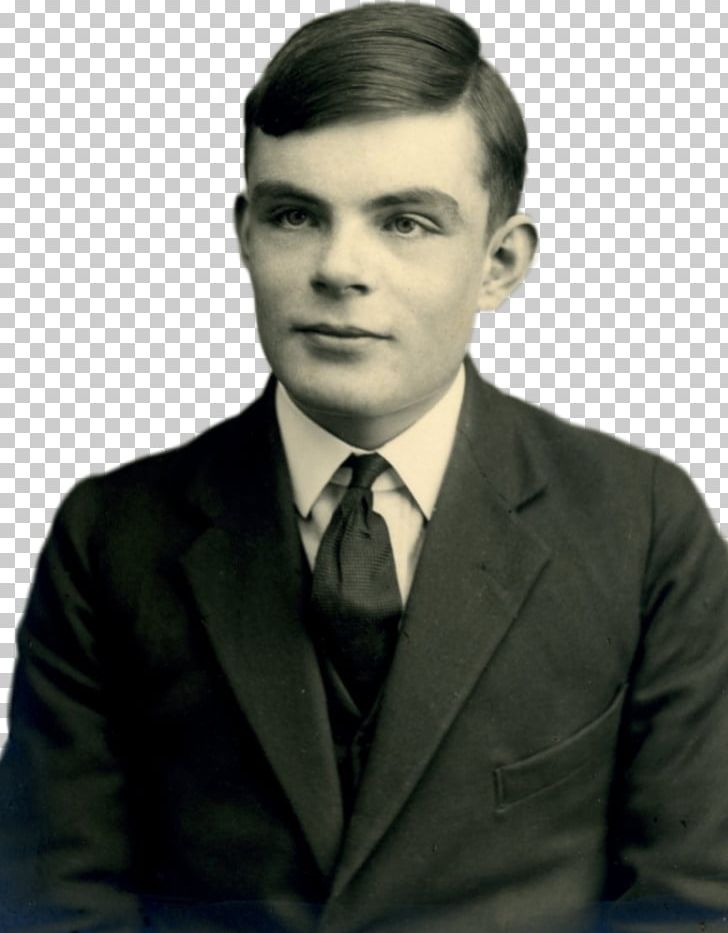

*Image credit: Work found at / CC BY-NC 2.In 1950, Alan Turing proposed the question, “Can machines think?” and since then many have strived to pass the Turing Test, which sets out to see whether humans can discern whether they are interacting with a human and a machine. Read more: Celebrating Alan Turing's centenary A Turing Education Day, complete with talks from 10 speakers, will follow on 30 June. On 23 June 2012, which would have been Turing's 100th birthday, Bletchley Park will host Turing100 - a one day event during which the Turing Test will be examined in great detail, and more than 150 machines will be subjected to the test by 30 judges. In fact, he bet Electronic Frontier Foundation co-founder Mitch Kapor $20,000 (£12.7k) that a computer would pass the Turing test by 2029, specifying the conditions in some detail. Futurist Ray Kurzweil predicted in 1990 that a machine capable of passing the test would be developed around 2020, but he pushed that date back to 2029 in 2005. He predicted that by the year 2000, machines with approximately 120 megabytes of memory would be able to pass a five-minute test thirty percent of the time. Turing believed that a machine capable of passing the test would eventually be developed. It's been pointed out that the tendency of people to ascribe human characteristics to inanimate objects (known as the anthropomorphic fallacy) means that a variety of statues, rocks and religious artefacts have passed the Turing Test consistently throughout history. As a result, most competitions employ computer scientists, philosophers and journalists as judges. Because the test is by necessity subjective, a naive interrogator could fail to spot things that an expert would pick out. But I do not think these mysteries necessarily need to be solved before we can answer the question with which we are concerned in this paper."įinally, there's the question of the judge.

There is, for instance, something of a paradox connected with any attempt to localise it. He wrote in his original paper: "I do not wish to give the impression that I think there is no mystery about consciousness. Turing, for his part, anticipated this somewhat. The counter-argument to that is that humans could well just be following a large list of mechanical rules, and then you're deep into philosophy of consciousness and intentionality. As such, the Turing Test doesn't test whether a machine can genuinely think. A machine that can pass the Turing Test could just be following a large list of mechanical rules. A second issue is that simulated intelligence isn't the same thing as real intelligence.


 0 kommentar(er)
0 kommentar(er)
